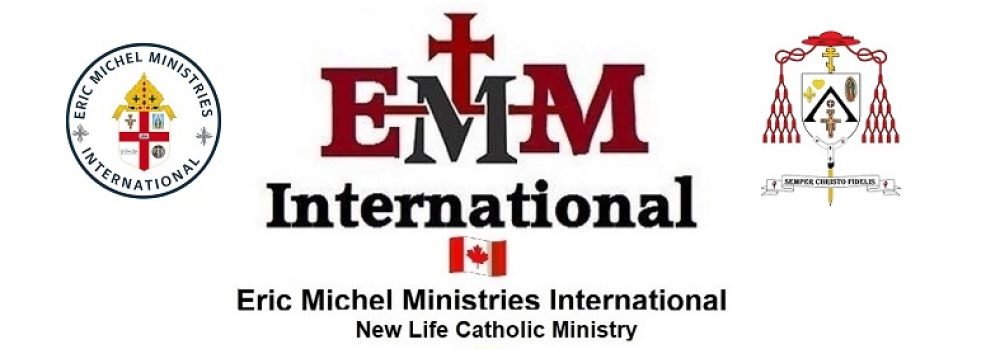April 27, 2025

Exploring the Conclave: A Movie Night Reflection
Last night, I had the pleasure of diving into a long-awaited cinematic experience by renting the film “Conclave” on YouTube to enjoy with Reverend Marie. While it was $2.00 more than what I typically spend on movie nights, my excitement to see it after months of anticipation outweighed any hesitations. After checking local stores like Walmart for a physical copy, I decided that renting online was the best way to satisfy my curiosity.
As we settled in to watch, I was filled with enthusiasm, eager to see how the film would depict the conclave process. Having absorbed numerous trailers and online comments, I was optimistic about experiencing an engaging narrative filled with suspense and drama, even amid critical reviews. However, once the movie concluded, I found myself reflecting on its shortcomings.
For someone with a keen interest in the political dynamics and intricate negotiations that occur during the papal election, I was hoping for a film that would deliver high stakes and compelling character arcs. Unfortunately, “Conclave” did not quite capture the level of tension and intrigue I had anticipated. Instead of feeling like an exciting drama, it came across more like a documentary, lacking the depth that can turn historical events into riveting storytelling.
This experience led me to think about other representations of the papacy, such as the series “Borgia: Faith and Fear.” That show successfully portrayed the complex dynamics at play during Rodrigo de Borja’s rise to Pope Alexander VI, highlighting the drama and moral dilemmas involved in such a power struggle. It offered a nuanced exploration of ambition and manipulation, elements I found lacking in “Conclave.”
As someone who has closely followed the election of popes, having witnessed six elections and looking forward to my seventh in 2025, I think my perspective may have influenced my expectations. The impending election will be significant, marking the height of my awareness around these historical transitions, especially since I have been younger than many who participated in the 1958 conclave. This background deepens my interest in the inner workings of the Church and the various personalities involved.
Reflecting on “Conclave,” I see the potential it aimed to explore, but I wish it had delved deeper into the drama and complexities that accompany such pivotal moments in history. The stories surrounding papal elections are often filled with conflict and strategic maneuvering, and, to resonate with audiences, adaptations need to embrace this rich tapestry of intrigue.
In conclusion, while I genuinely wanted to enjoy “Conclave,” I walked away feeling that it missed an opportunity to convey the excitement and depth of the conclave experience fully. It’s essential for films depicting historical events to strike a balance between factual representation and engaging storytelling. I believe that with more focus on the dramatic elements inherent in these situations, future adaptations could provide a more gratifying exploration of the fascinating world of papal elections.
Michel De Notre Dame
Discover more from Third Order of Franciscans of the Eucharist
Subscribe to get the latest posts sent to your email.
